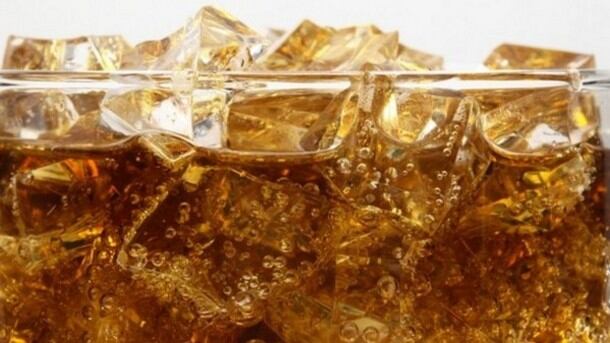In the consent judgement, PepsiCo has not admitted liability, or confirmed that 4-mei at current exposure levels presents any health risk, but has agreed to pay $385,000 to the CEH and provide it with regular updates on its testing to ensure it is complying with the agreement.
The settlement was reached after the CEH filed a complaint for civil penalties and injunctive relief for alleged violations of Proposition 65 in the Superior Court in Alameda, CA.
Under the deal, Pepsi - which "maintains that it has been fully compliant with Proposition 65 at all relevant times" - has agreed that the level of 4- mei in products shipped for sale in California on or after January 1, 2016 is no more than 100 parts per billion.
Is 4-mei safe?
The FDA, Health Canada and EFSA all say 4-mei (4-Methylimidazole) - an impurity generated during the manufacture of caramel colors III and IV and many other foods - does not pose a health risk at levels currently used in foods and beverages.
However, manufacturers have been under pressure to lower levels after the CSPI petitioned the FDA to ban caramel colorings containing 4-mei in 2011; 4-mei was added to California’s Proposition 65 list in 2012; and Consumer Reports published test results showing what it claimed to be ‘concerning’ levels of 4-mei in soft drinks in 2014.
Lawsuits quickly followed, the FDA said it would conduct new tests, and major cola manufacturers including PepsiCo and Coca-Cola have since made concerted efforts to work with caramel colors suppliers to bring levels down.
Pepsi: We’ve always complied with the law
PepsiCo spokeswoman Aurora Gonzalez told FoodNavigator-USA: “Our products and the ingredients used to make them, including the caramel coloring contained in some of our beverages, are in full compliance with the law and are always safe for consumption. All of our products sold in California have always been compliant with state regulations.”
She added: “Today our beverage products across the US meet California’s Prop 65 requirements. In addition, we have now voluntarily implemented a few additional standards to give consumers further confidence in the quality of our products.”
As regards Pepsi products internationally, she said: “We have completed 95% of the global rollout of the reformulated concentrate.”

FDA: Our position on 4-mei hasn't changed

Speaking to us about its new probe into 4-mei last summer, an FDA spokeswoman said: “FDA will use 4-mei exposure estimates in conjunction with a review of the available toxicological data for 4-mei in order to address the citizen petitions before the Agency.
"The World Health Organization’s International Agency for Research on Cancer (IARC) evaluated 4-mei and determined it to be a Group 2B, possibly carcinogenic to humans. FDA is currently evaluating the carcinogenic potential of 4-mei. These efforts will inform the FDA’s safety analysis, and will help the agency determine what, if any, regulatory action needs to be taken."
A spokeswoman told FoodNavigator-USA this morning that there was nothing new to report, adding: "Our position [that the FDA still has 'no reason to believe' that 4-mei from caramel colors poses a health risk at current intake levels] hasn't changed."
She added: "We continue to work with 4-mei. Last year, FDA presented an exposure estimate to 4-mei from foods containing caramel and in August 2015, we presented an updated exposure estimate for 4-mei informed by cooking and processing of foods."
